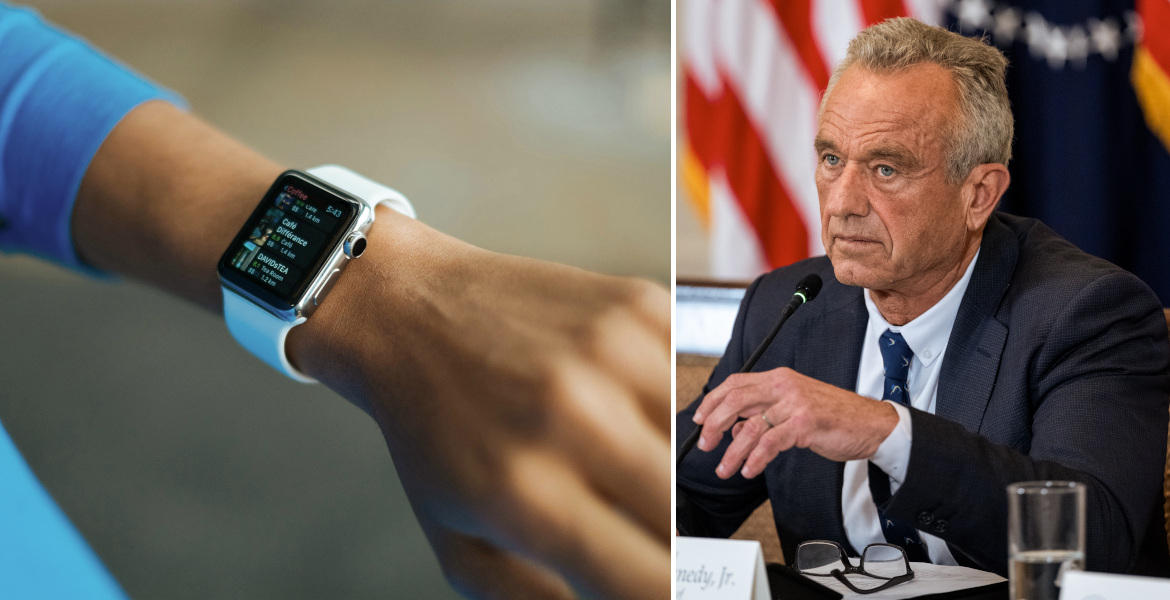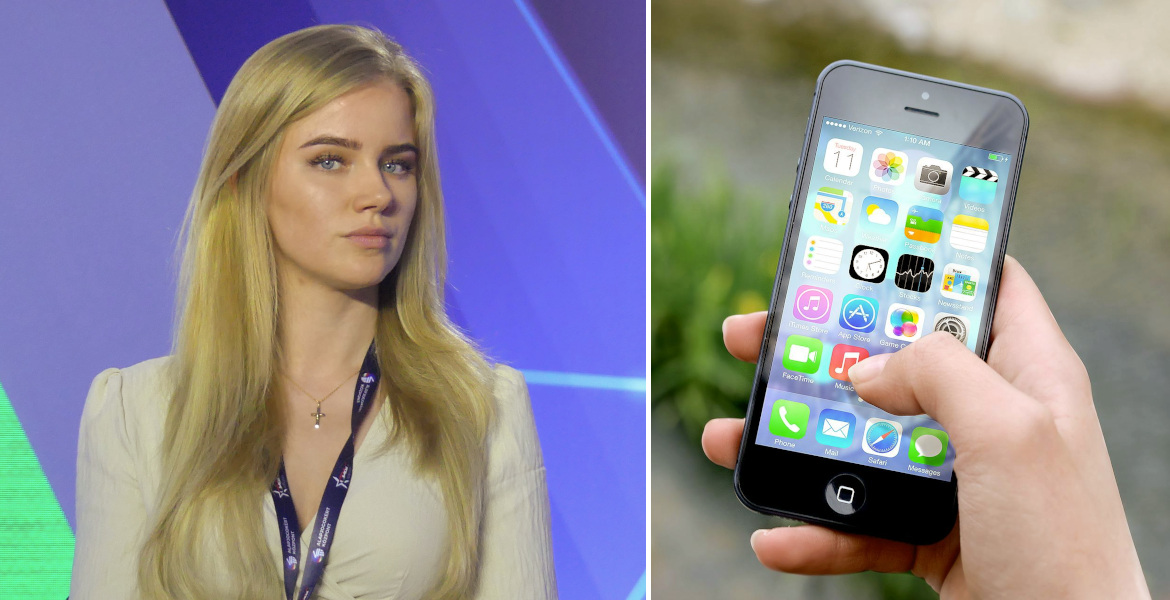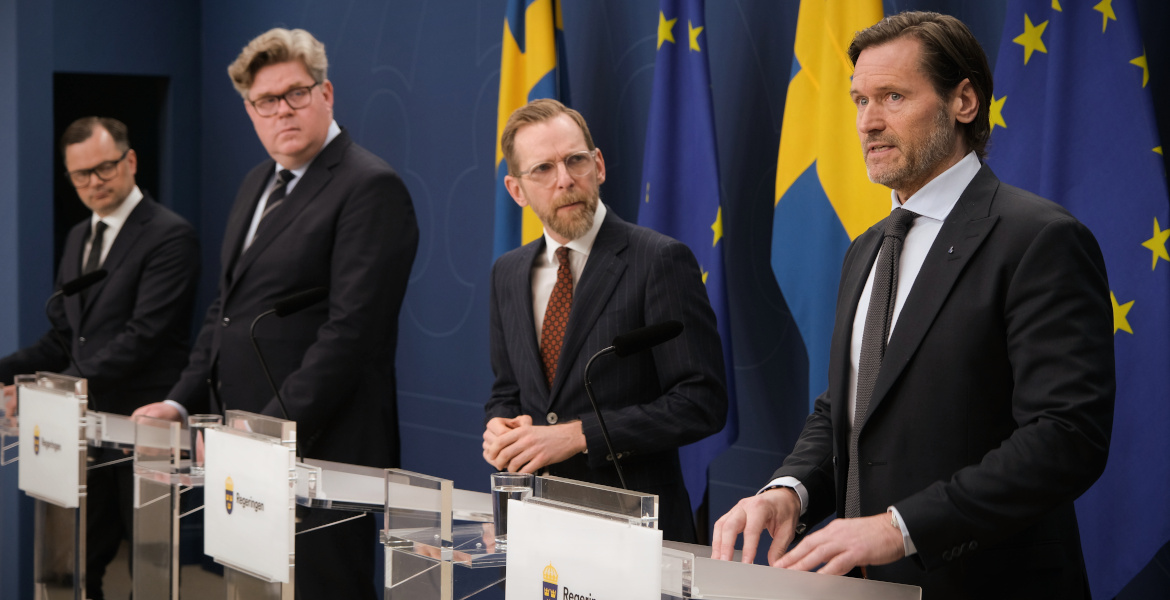Chat Control was voted down in the European Parliament, but is now back on the EU agenda. The proposal is expected to be taken up again in October, with several countries that previously opposed the surveillance legislation now considering changing their position.
During the June vote, a small but influential group managed to stop the proposal by a narrow margin (the “yes” side reached 63.7% of the 65% required for a qualified majority), and the European Parliament was clear in its condemnation of Chat Control.
Romania, Bulgaria, Poland and France opposed the proposal last summer, but are now considering changing their positions to support the new proposal. Talks on the criticized proposal are expected to resume at the Justice and Home Affairs Council (JHA), according to Bahnhof. The Council will meet again on October 10-11 and a possible new decision is expected on December 12-13.
Swedish parties turn on the issue
Swedish parties have also turned to the issue at the national level. During the campaign for the 2022 elections, the Moderates and Liberals in particular have expressed concerns about restrictions on citizens’ privacy and freedom. Today, however, Justice Minister Gunnar Strömmer (M) speaks of “having to read chats to save the children”, while the proposal has broad support among Sweden’s parliamentary parties. Only the Centre Party and the Sweden Democrats have been consistent in their criticism of Chat Control.
If the proposal goes through, it would mean mass surveillance of all messages, on all communication platforms, including those with end-to-end encryption (which prevents third parties from reading messages and data), as well as AI scanning of everything from text messages to images and videos on EU citizens’ electronic devices (so-called client-side scanning). For example, service providers such as WhatsApp and Telegram would have to install technology to identify and report suspicious content.
For a proposal to be adopted by a qualified majority in the EU Council of Ministers, at least 55% of member states (15 out of 27), representing at least 65% of the total European population, must vote in favor of the proposal.









